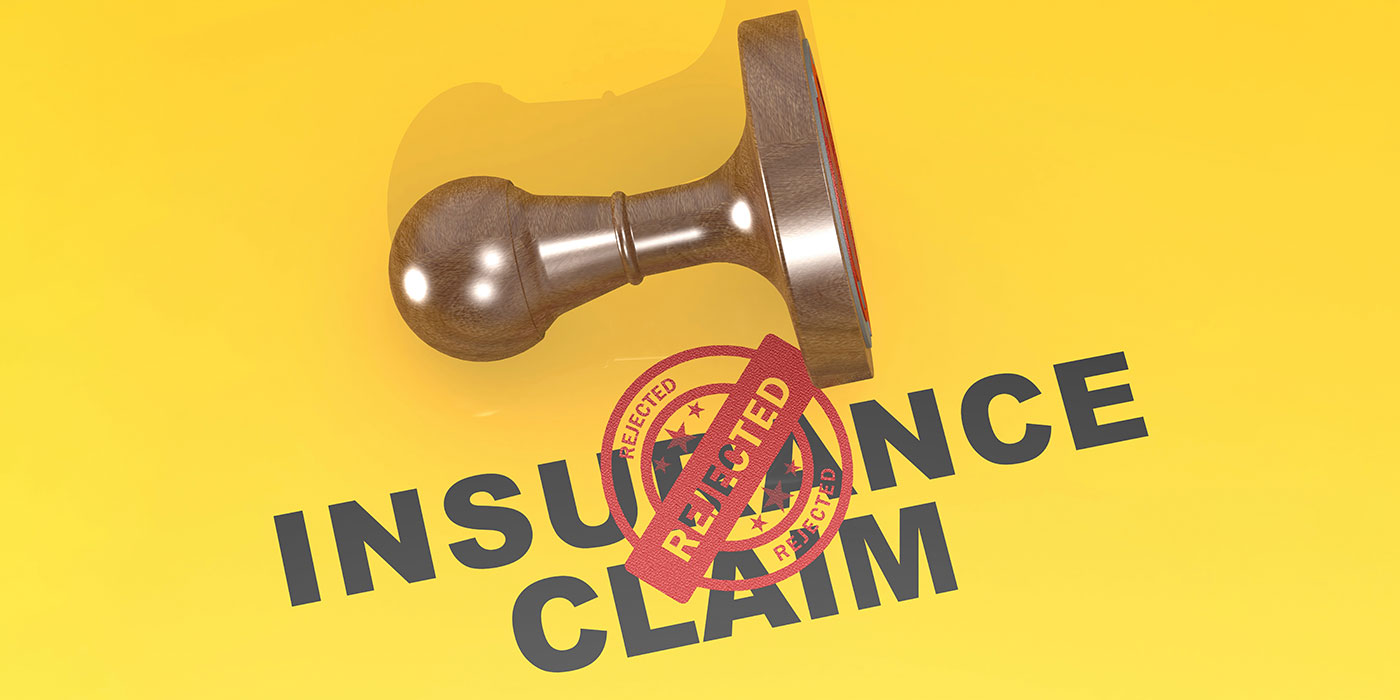For other installments in this 12-part series, click on the corresponding number: 1, 2, 4, 5, 6, 7, 8, 9, 10, 11, 12.
We’ve been told the biggest challenge of becoming a direct-repair partner is surviving paperwork overdose. For starters, participating shops are expected to do everything from database estimating, electronic file transfer, digital imaging, total loss and electronic payment processing, electronic claims assignments and management. In other words, become a claims office.
But to be honest, the thought of all that paperwork doesn’t scare me. What does scare me … well, you would have to know a little history.
When we first started, luring in enough customer vehicles to cover the first month’s rent was top priority. So we relied on my husband’s father, Pop, to lead the way. Pop has over 30 years experience in collision repair and, as a shop manager, has headed enough successful teams for us to trust his direction. Naturally, we put our limited funds where he suggested – a quality sign, shop equipment and supplies.
Surprisingly, while still cleaning and setting up the garage, paying customers wandered through our doors. Immediately, a few dollars rolled in even though we weren’t truly open for business. Sure, we had the proper licenses and the frame machine earning its keep, but that was it.
As every purchase related to the office was vetoed, it became clear. Though Pop knew how to run the shop floor, he had zero knowledge of office work. Or, for that matter, the purpose of an office. According to Pop, the office was the place where fat, lazy people ate snacks, watched TV and otherwise sponged money from the hard-working techs. His idea of paperwork was handing customers’ price quotes on the back of a business card.
Though my husband has no problem getting his hands dirty on the floor, after attending a few I-CAR classes, he realized we couldn’t run our operation this way. A former bookkeeper, property manager and mechanical engineer, he craved organization.
But without any experience in the collision business, my husband and I didn’t feel comfortable challenging the veteran. On the other hand, I worked my share of administrative positions throughout college. How the heck was I supposed to call back customers without contact information? And, why oh why, were the invoices stacked next to the trash can?!
A shop with no front office can kiss repeat customers goodbye. One without a back office can expect to close within the first year – or whenever the taxman comes calling. It was time for the lazy office workers to speak up and add some yang to Pop’s yin.
Our shop today isn’t breaking any records. However, we do have about 40 cars in the building at any given time. Still, Pops is convinced he can recall every car in the shop, including its status and parts ordered, without opening a folder. Maybe he can, but I’m not about to call Guinness.
The rest of us young’uns rely on paperwork. I need to track what day I faxed over a supplement and record estimate completion dates. I require a copy of the authorization and direction to pay. And, e-mailing pictures to a customer’s lawyer is no problem with everything properly catalogued.
Pop now admits the collision business has changed over the years. While cash jobs used to rule, over 85% of our jobs are now insurance – and that’s with no DRP.
Without standard operating procedures, we couldn’t have the quality of service or efficiency needed to compete in today’s market. And that means documentation. We don’t have a fetish for paperwork, but we do love the consistency that comes with it.
Sure, the insurance companies have their own agenda. They want to save money and transfer their tasks to the body shop. But my husband and I grew up using the Internet and file sharing. Understanding the dependency on technology today, we decided to have a system in place for our own peace of mind.
From where we’re sitting, a complete production management system is an office worker’s best friend. Our customer database is easier to maintain, supplements are faster and work orders are available to techs at the touch of a screen. And if the insurance companies want to take advantage of our organization’s setup, good for them. (Or is that good for us? Haven’t decided yet.) We can include their individual specifications as easy as checking our own profits and
productivity.
Is the added cost worth the added investment? We need only remember the early days.
True, if we successfully build DRP relationships we’ll need additional staff with specialized training. But that’s what’s great about a consistent computerized operation. The Phil- adelphia area has an abundance of eager college students looking for a little office work. From our experience, they’re open to instruction, don’t demand top dollar and, most importantly, aren’t afraid of a little paperwork.
Considering the alternative, neither are we.
Writer Monica Dorsey is a partner at Classic CollisionWorks in Philadelphia, Pa. You can reach her by e-mail at [email protected].













